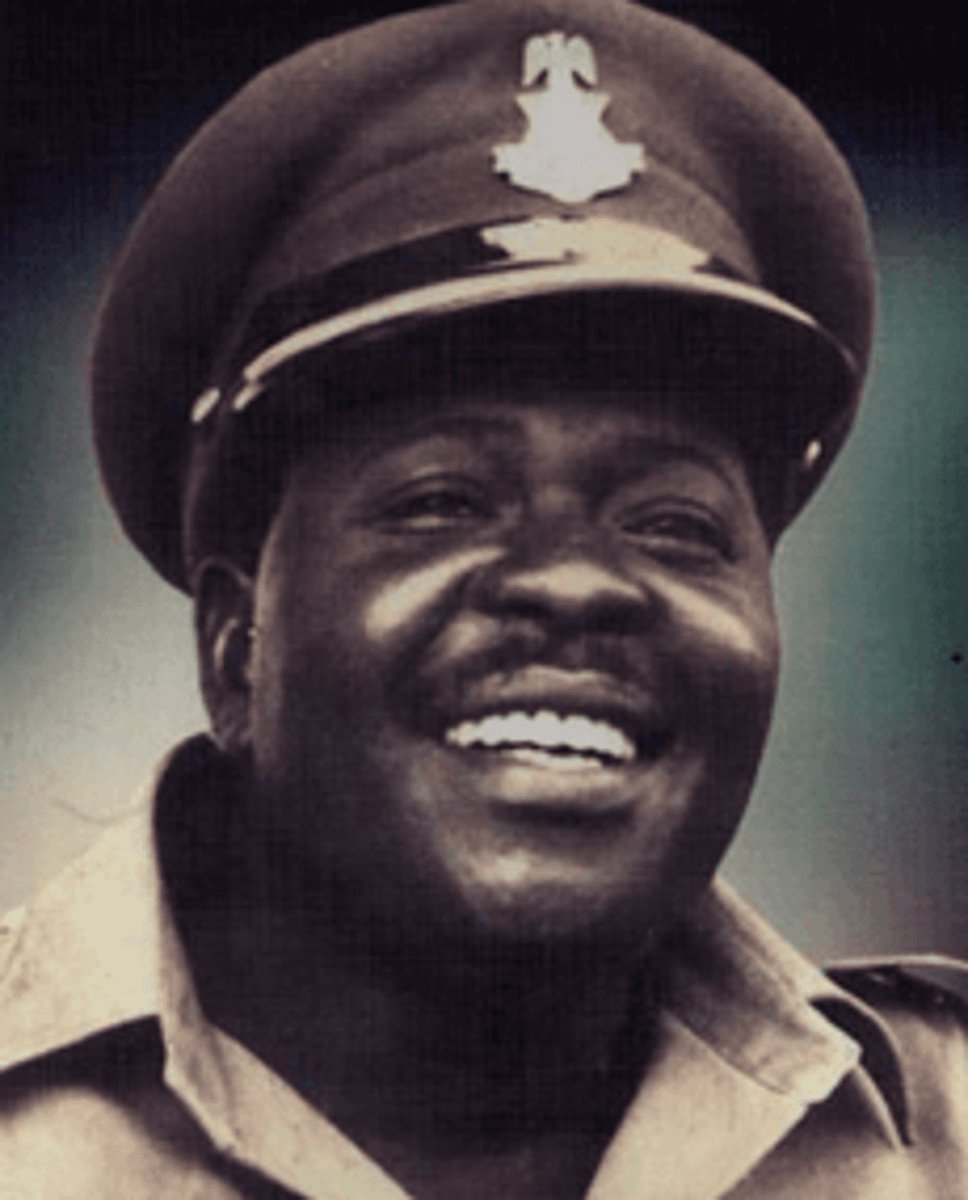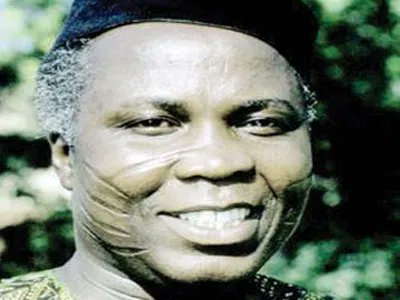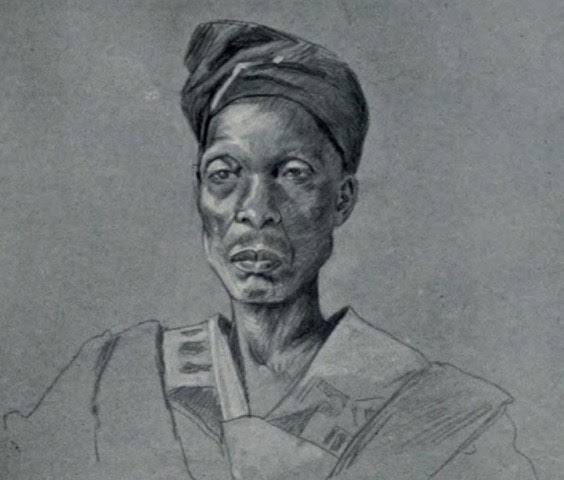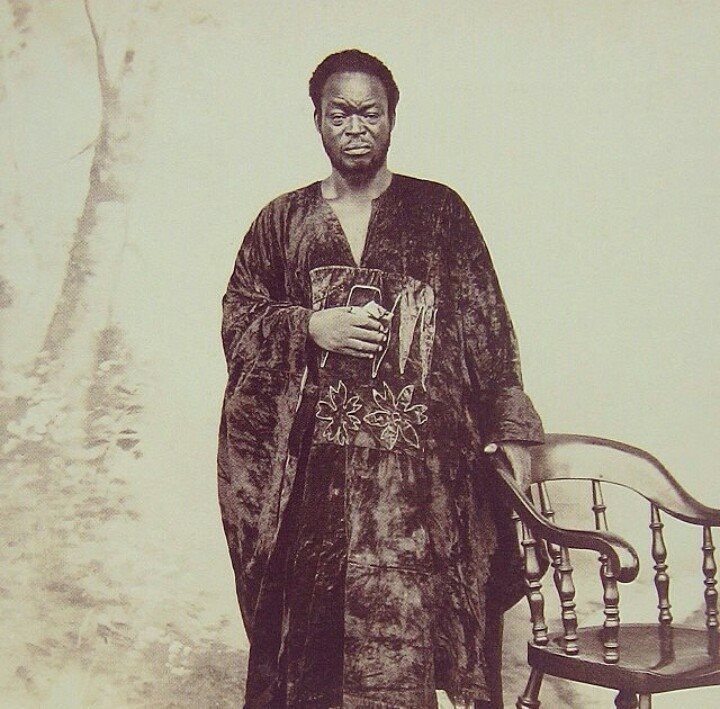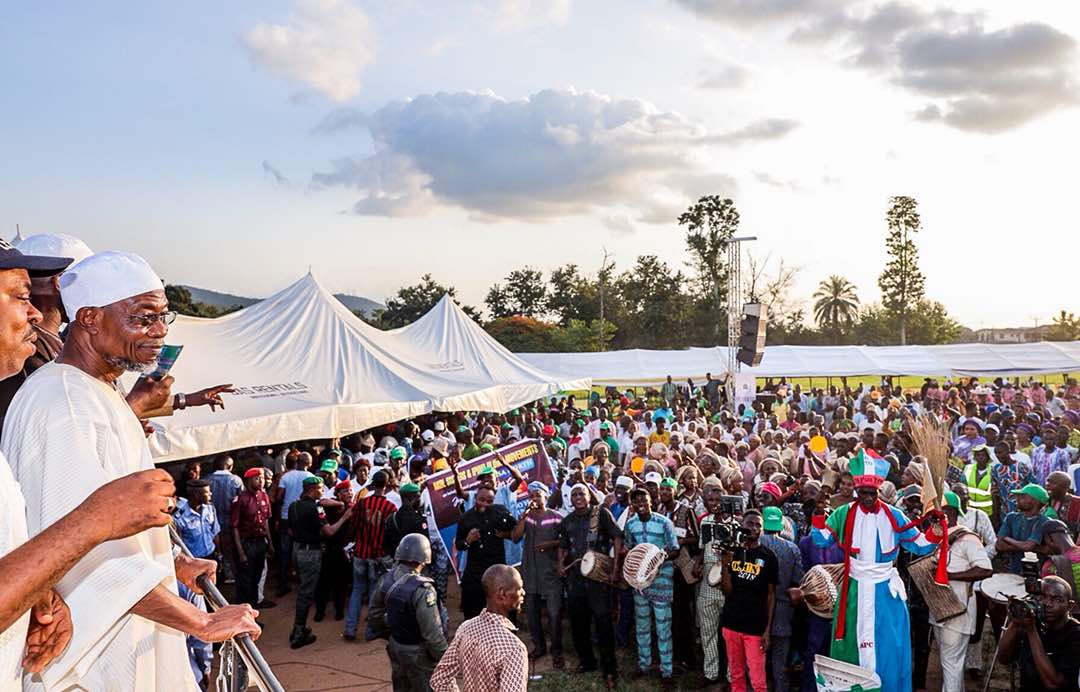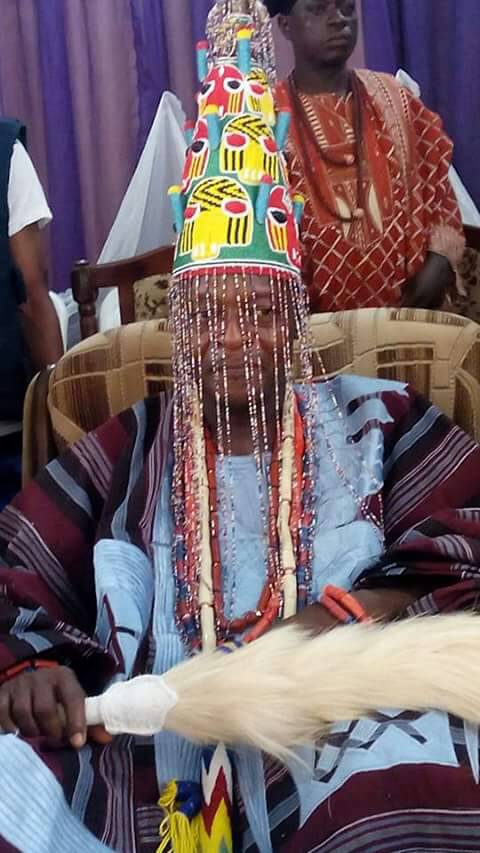
In 1978, Nigerian students staged a protest (Ali Must Go) which, till today, remains the mother of all student protests in Nigeria.
It was a nationwide agitation that brought the National Union of Nigeria Students (NUNS) into an open confrontation with the Military government of Olusegun Obasanjo and the stern looking men of the Nigerian Army. 
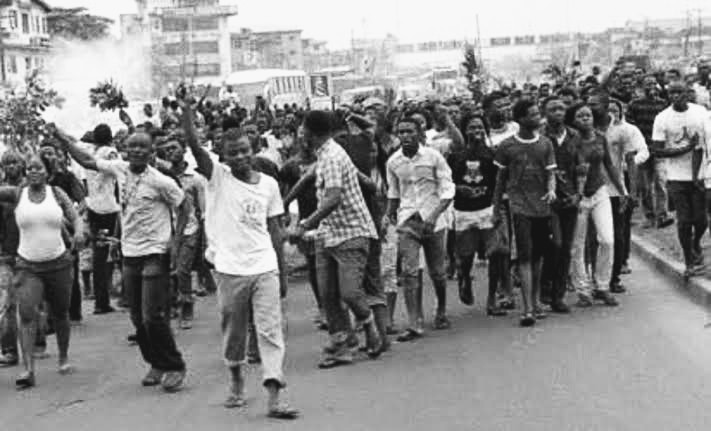
The bloody episode which popularized the power of Nigerian students started in April 1978, when the government asked the students to make more contributions by adding 50 Kobo to their cost of meal per day.
The 50 Kobo increment meant that their cost of meal would rise from N1.50 to N2.00
The then Minister of Education, Ahmadu Ali was at the centre of the matter until everything collapsed on his head.
The then Minister of Education, Ahmadu Ali was at the centre of the matter until everything collapsed on his head.
Following the announcement, which didn’t go down well with the National Union of Nigeria Students, Segun Okeowo, the then president of the union made a move to address the issue. 

The students held a meeting in Maiduguri, Ilorin and finally in Calabar before taking a bold step to challenge the military government on the increment.
All along, Ali was trying to make the students believe that the increment was made by the Supreme Military Council and not by the Ministry of Education.
However, when the NUNS realized the government was not willing to reverse its decision, they resorted to demonstration and that was the moment things began to fall apart.
The first day of the protest brought the students and the Police face to face at the University of Lagos (UNILAG). A student was fired in the leg and bled to death because Lagos University Teaching Hospital (LUTH) and Orthopedic hospital, Igbobi refused to treat him.
That infuriated Okeowo, the national students union president who immediately sent a message to his counterparts at Ahmadu Bello University, Zaria and the University of Ibadan and other Federal Universities.
The students’ protests escalated and for over a week, they engaged themselves in an open confrontation with the Police and the Army.
Touched by the incident the student shot dead by the police in UNILAG, the students, went on a rampage and about eight other students were reportedly gunned down in Zaria by Nigerian soldiers.
The murder of the students caused more problems for the government as the students refused to be cowed by the gun-wielding murderers sent to put the situation under control.
The protest slogan, ALI MUST GO rent the air as the Minister of Education was believed to be the cause of the crisis that led to the students’ deaths.
After one week of the nationwide protest, the Federal Government shut down all universities and students were advised to leave the campus.
The Segun Okeowo led students union and the ALI MUST GO saga remains a notable students led aluta in Nigeria.
The Segun Okeowo led students union and the ALI MUST GO saga remains a notable students led aluta in Nigeria.
In fact, the history of students unionism in Nigeria will largely be incomplete without mentioning Segun Okeowo and the infamous protest that demonstrated the strength of Nigerian students.
Thanks for reading
Kindly take some time out to read other stories.
#thestoryteller
Thanks for reading
Kindly take some time out to read other stories.
#thestoryteller
• • •
Missing some Tweet in this thread? You can try to
force a refresh


